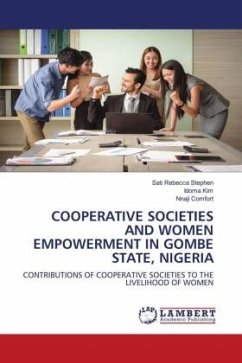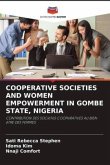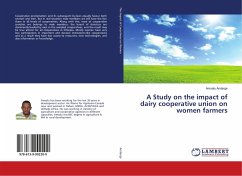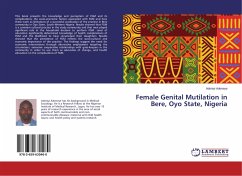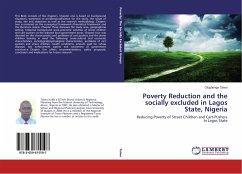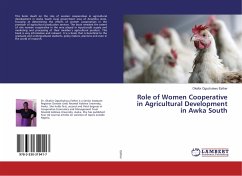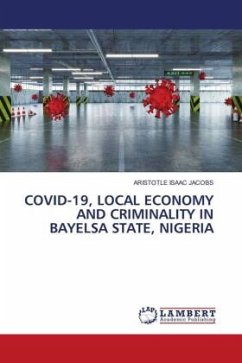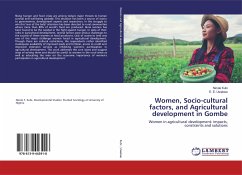This book assessed the impact of cooperative societies on women empowerment in Gombe Metropolis, Gombe State, Nigeria. Specifically, it examined the socio-economic characteristics of women cooperators in Gombe metropolis, identified the sources of income of the cooperative societies, assessed the impact of cooperative society on women empowerment and investigated the challenges faced by the cooperative societies. Descriptive statistics were employed in analyzing the data. The predominant source of income of cooperative societies was membership contributions (33%) and 53% attested to the fact that they have had a lot of benefits from the cooperatives. However, poor leadership (43%) and mismanagement of funds (27%) were the main challenges confronting cooperatives in Gombe Metropolis. The study concluded that in spite of the challenges facing the cooperatives in the study area, women cooperators have been empowered economically to meet up with the basic needs of the family. Consequently, Government and development organizations should enhance the effectiveness of cooperative activities through sustained awareness campaign and financial support.
Bitte wählen Sie Ihr Anliegen aus.
Rechnungen
Retourenschein anfordern
Bestellstatus
Storno

